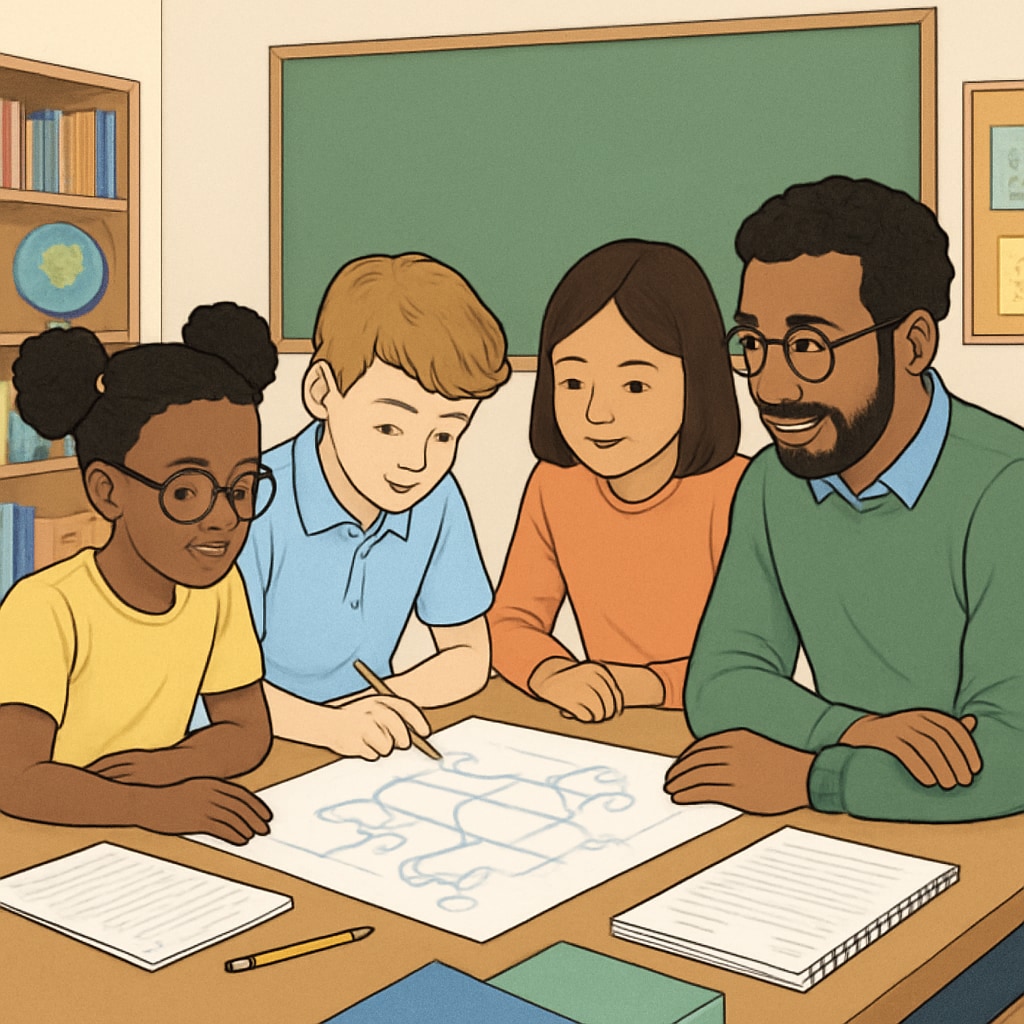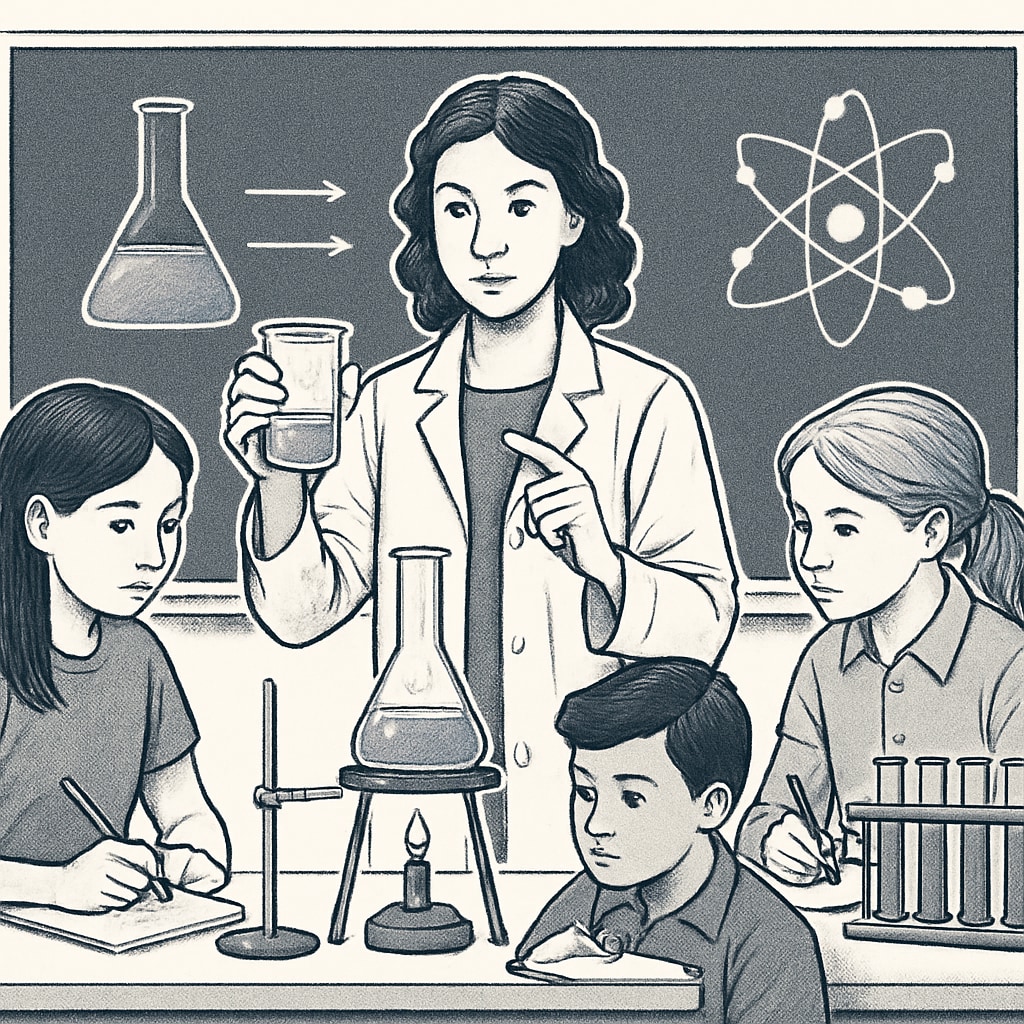Education serves as a powerful tool in shaping an individual’s character, critical thinking, and inclusiveness. In the K12 phase, these foundational years are instrumental in developing a child’s mindset and personality, laying the groundwork for their lifelong journey of personal growth. Through fostering critical thinking skills, encouraging self-awareness, and nurturing a spirit of inclusivity, quality education ensures children are well-prepared to face the complexities of an evolving world.
The Role of K12 Education in Character Building
One of the most significant contributions of K12 education is its ability to mold a child’s character. Beyond academic achievements, schools serve as environments where children learn values such as empathy, responsibility, and integrity. These traits are not only taught explicitly but are also absorbed through interactions with teachers, peers, and the broader school community.
For example, collaborative projects and group activities encourage teamwork and teach students to respect diverse perspectives. Furthermore, programs that promote social-emotional learning (SEL) have proven effective in helping children understand their own emotions and those of others. This self-awareness acts as a cornerstone for building character and fostering long-term resilience.

How Education Develops Critical Thinking Skills
Critical thinking—the ability to analyze, evaluate, and synthesize information—is a vital skill cultivated during the K12 years. This skill enables students to question assumptions, solve problems creatively, and make informed decisions. Modern education systems increasingly prioritize this skill by incorporating inquiry-based learning and open-ended questions into the curriculum.
For instance, subjects like science and history often challenge students to examine evidence, consider alternative viewpoints, and draw their own conclusions. These practices not only prepare them for academic success but also equip them to navigate real-world challenges with confidence and clarity.
Moreover, educational frameworks that emphasize active learning, rather than rote memorization, significantly enhance critical thinking abilities. Students are encouraged to explore “why” and “how,” rather than merely accepting “what.”

Fostering Inclusiveness Through Education
An inclusive mindset is another key outcome of a robust K12 education. By exposing children to diverse cultures, ideas, and experiences, schools create an environment where differences are celebrated rather than feared. This exposure is crucial for building empathy and reducing biases, which are essential traits in today’s interconnected world.
For example, multicultural education programs help students understand and appreciate the rich tapestry of global traditions. Additionally, inclusive classroom practices ensure that all students—regardless of ability, background, or identity—feel valued and supported. This not only benefits marginalized groups but also enriches the learning experience for everyone.
The Long-Term Impact of Education on Personal Growth
Ultimately, the impact of education extends far beyond the classroom. By shaping character, critical thinking, and inclusiveness, K12 education provides a strong foundation for lifelong personal growth. These qualities empower individuals to adapt to new challenges, contribute positively to society, and lead fulfilling lives.
For parents, educators, and policymakers, the focus should remain on creating educational systems that prioritize holistic development. When education becomes a tool for building not just academic knowledge but also emotional intelligence and ethical reasoning, its transformative power truly shines.
Readability guidance: The article maintains short paragraphs and uses lists to summarize key points. Active learning and inclusive practices are discussed to emphasize their role in shaping well-rounded individuals. Transition words like “in addition,” “for example,” and “as a result” help ensure smooth flow and coherence.


